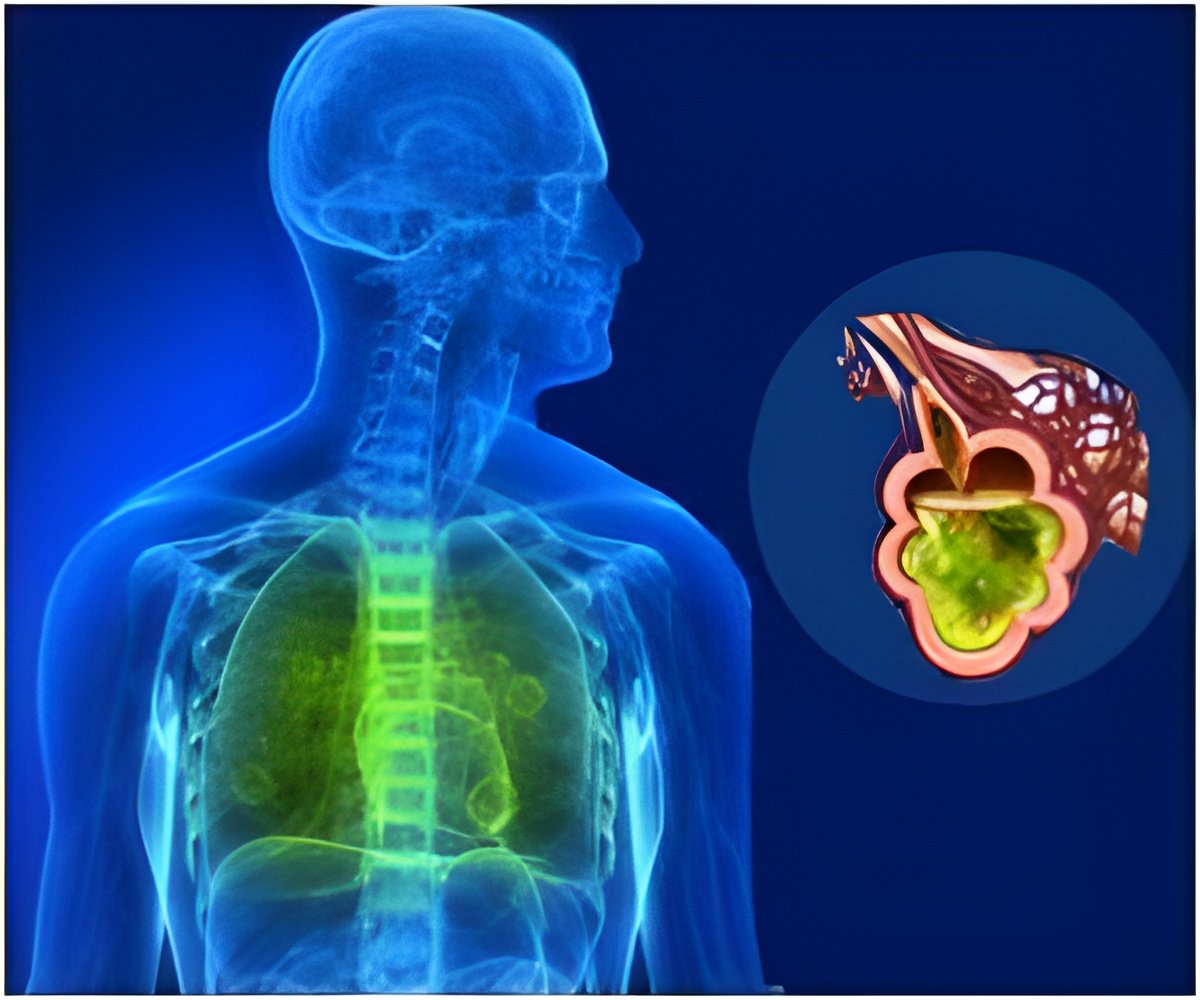Researchers have identified a mechanism that could help the body protect itself against infections at mucosal linings - which include the mouth, the intestines, the lungs and other areas.

The team, led by Hilde Cheroutre, Ph.D., conducted their experiments in mouse models using Listeria
“We are hopeful that our findings will open the door to creating strategies to bring stronger immune memory (cells) to the mucosal borders,” Dr. Cheroutre said.
Memory cells are important since they can persist for the life of the individual and will act rapidly upon encountering the same infection later in life to provide immediate protection. The generation of pre-existing immune memory is the basis for successful vaccination, which works by administering non-dangerous, pathogen-like antigens, which trigger the body to develop immune memory cells that will fight the virus or bacteria if seen again.
Specifically, the researchers discovered that the body has a distinct process for establishing strong immunity at the mucosal borders. They also identified a molecule for showing that mucosal protective immune cells are in place, which is a major finding that could significantly aid researchers worldwide in future vaccine design. The molecule is CD8aa.
“We found a specific mechanism that selectively sorts out the best T cells (CD8aa) to become memory T cells at the (mucosal) border,” said Dr. Cheroutre. T cells are the body’s infection fighting white blood cells. “The immune system has developed a very ingenuous system to make that selection and to ensure that the ones that reside at the (mucosal) border are the fittest T cells.”
Advertisement
Dr. Cheroutre noted boosting immune memory cells at the intestines and other mucosal linings could enable the body to stop various pathogens at their primary entry point. “This is very important since many pathogens enter the body through these areas and begin destroying the tissues and the immune system before T cells in other parts of the body can arrive and begin fighting,” she said.
Advertisement
Dr. Cheroutre said “Although many vaccines induce effective immune protection, we don’t know whether a particular vaccine protects us from viruses and bacteria entering through the mucosal linings because up until now, we didn’t have a way to measure pre-existing immunity at mucosal interfaces.”
The team found a remedy for that situation by showing that the induction of CD8aa on the immune cells in the blood activated by the vaccine warrants protection at the mucosal borders. “This gives us a means of testing potential vaccines for their protective ability at mucosal borders such as the intestine and other pathogen entry-sites,” she said. “Basically, the more CD8aa positive immune effector T cells that are generated by a vaccine, the better the protection at mucosal borders.”
Dr. Cheroutre noted that her finding provides information about the mechanism of action for generating mucosal T cell memory, but it remains to be determined how vaccines can be engineered to induce this valuable mucosal immune memory. “This will be the next step for us and for the broader research community,” she said. “To provide an effective vaccine, we need to be able to trigger the body to do what the endogenous immune system is doing – induce high affinity effector T cells and selectively sort out those cells to reside at the mucosal borders.”
Source-Medindia






